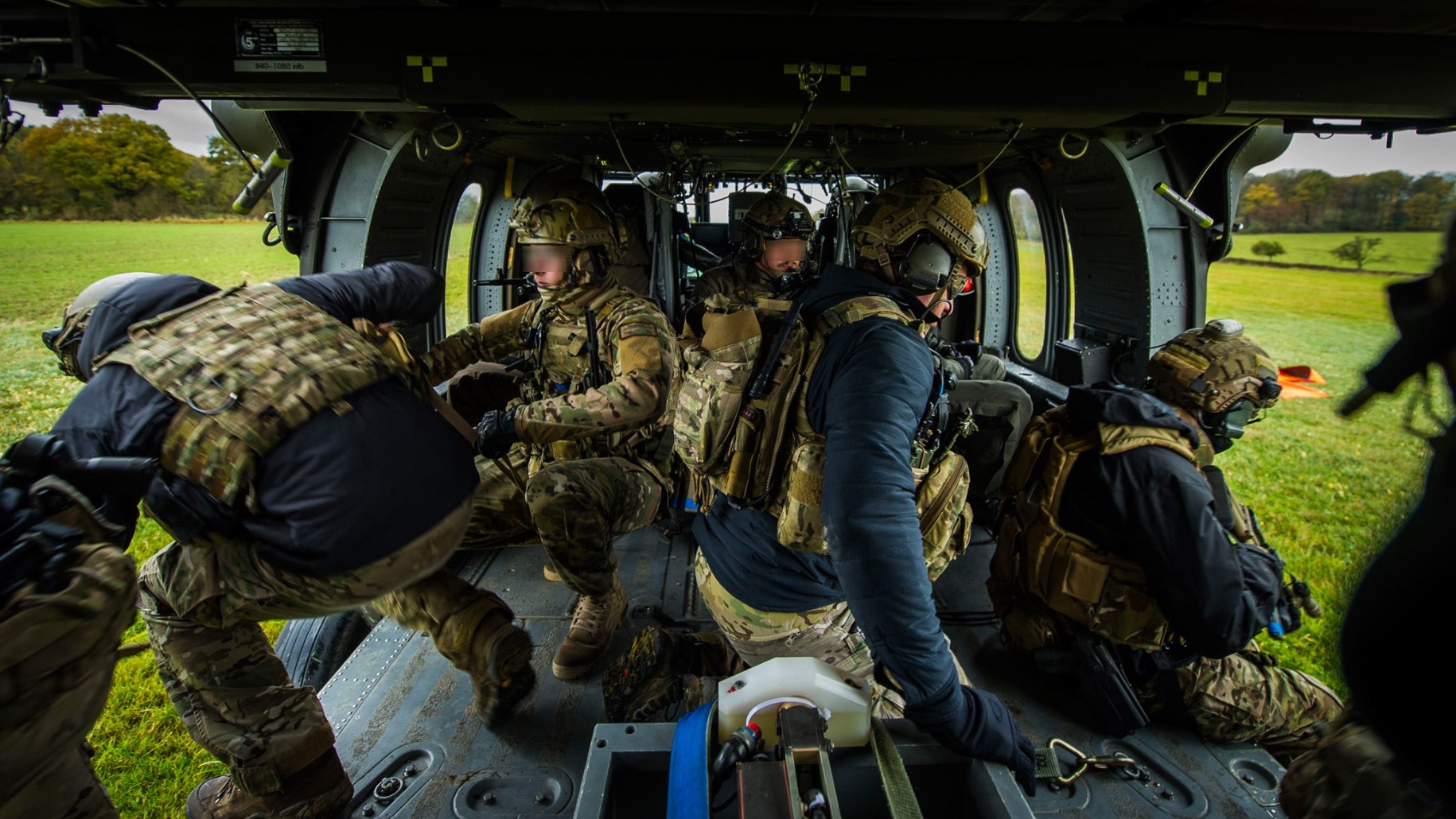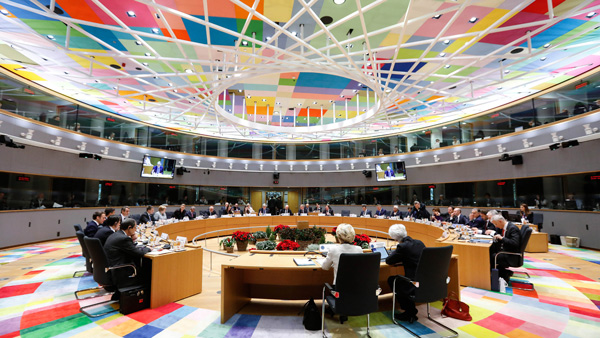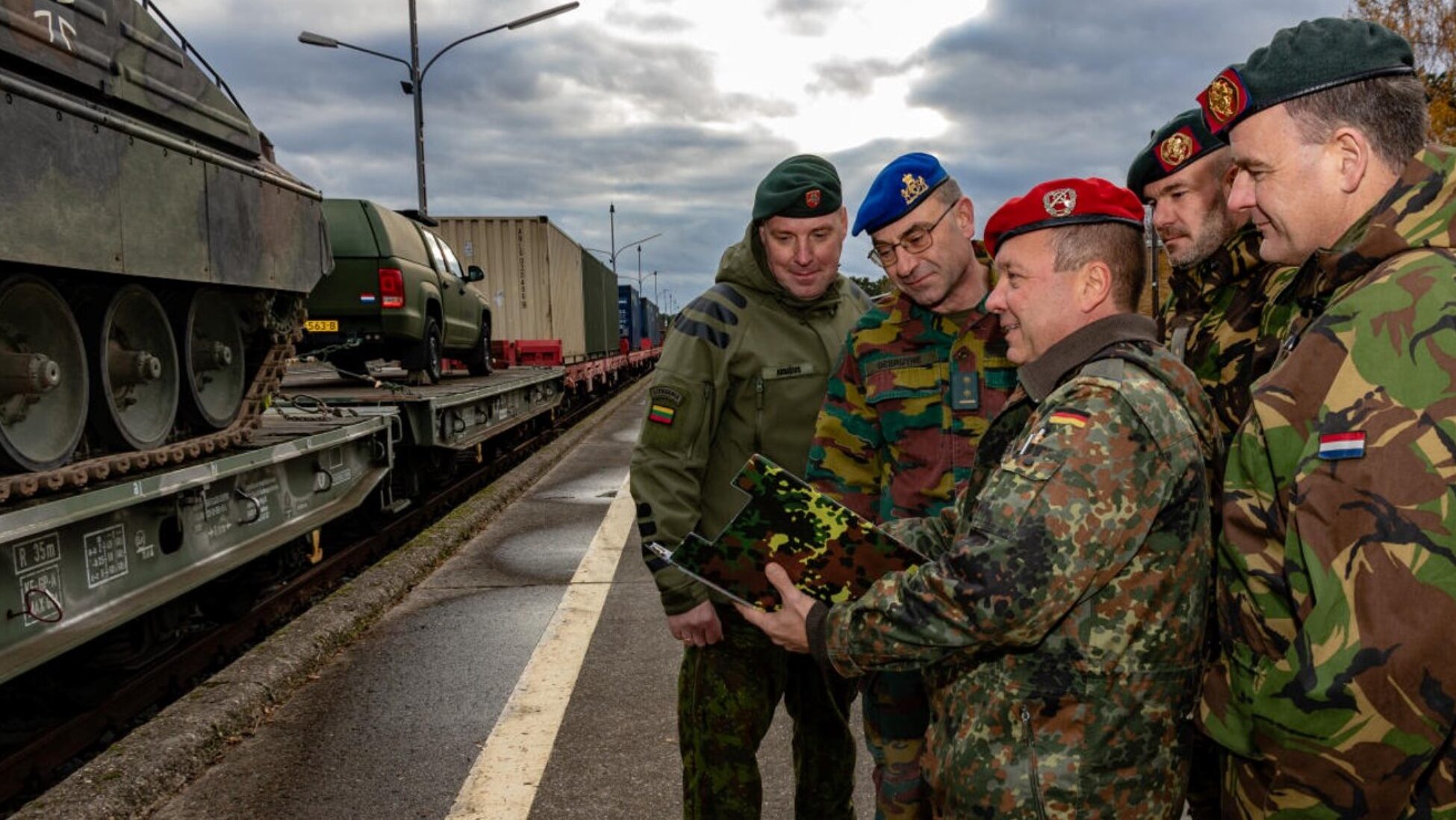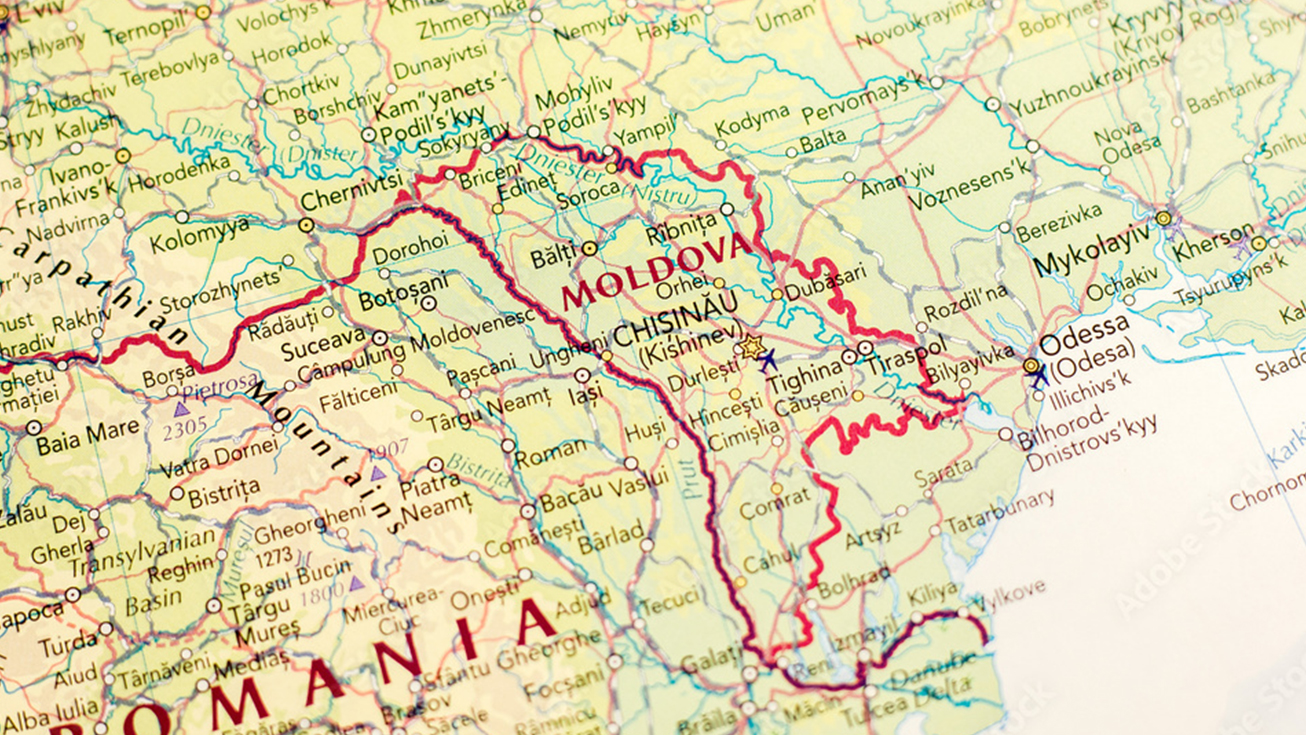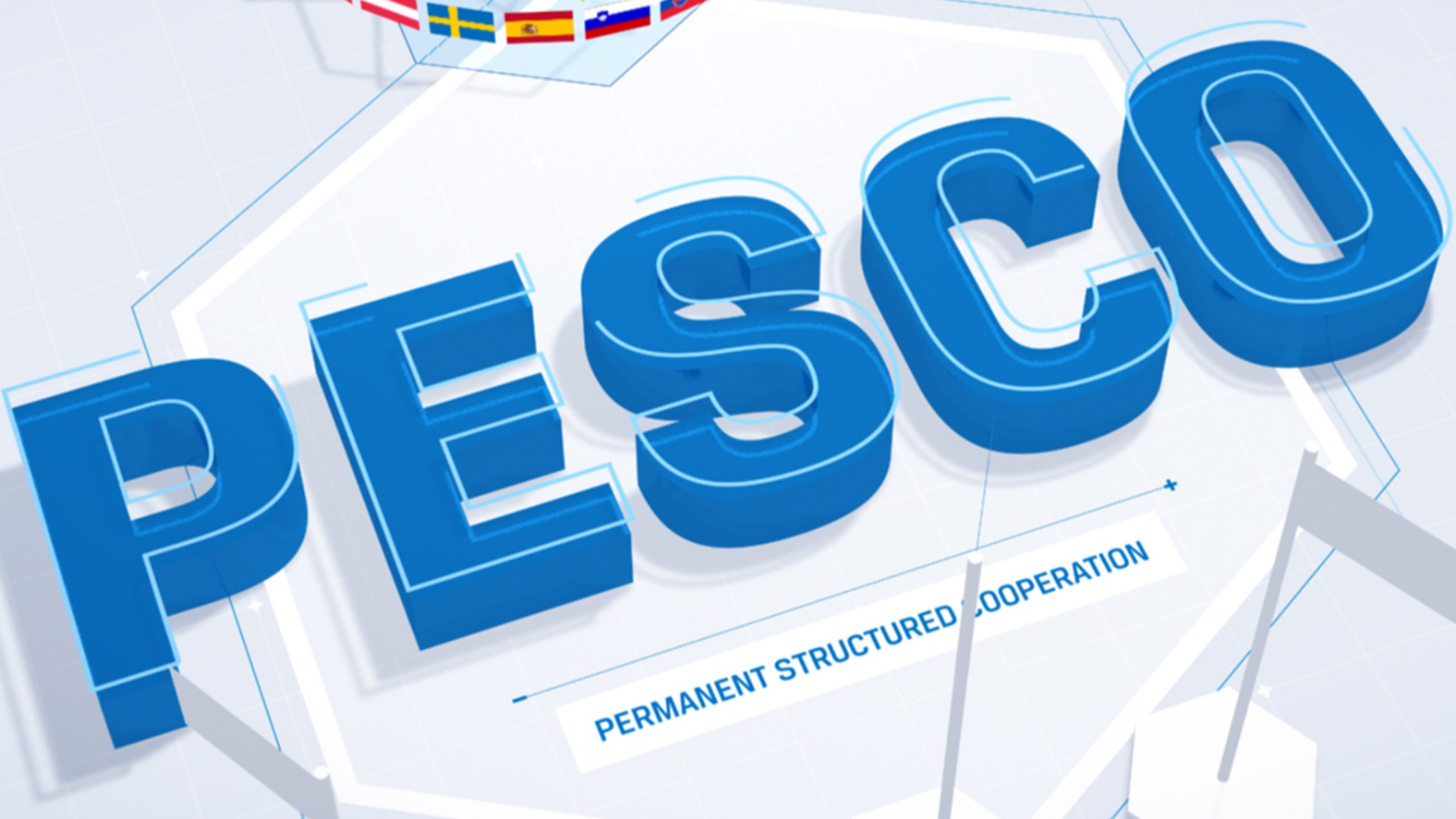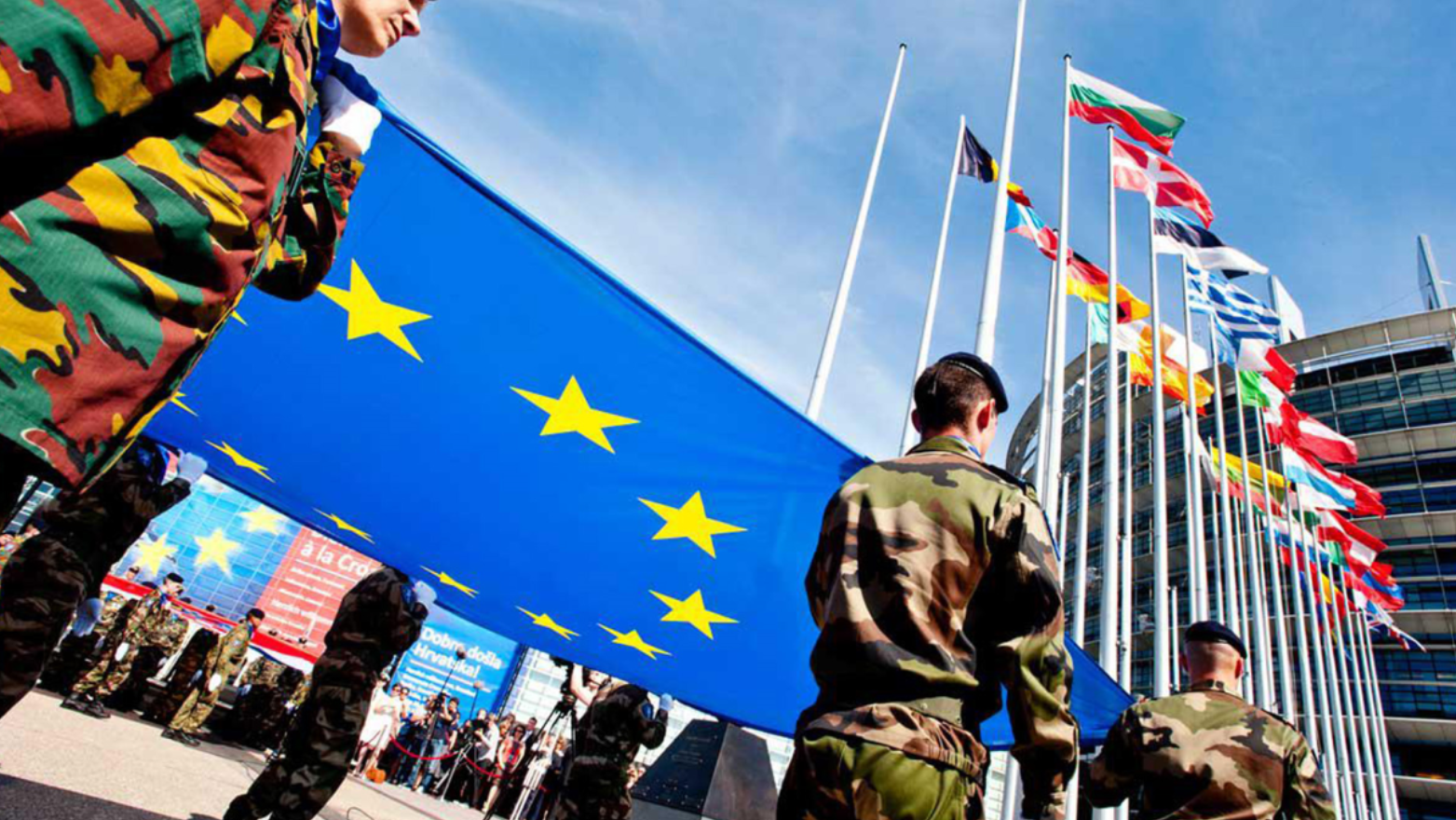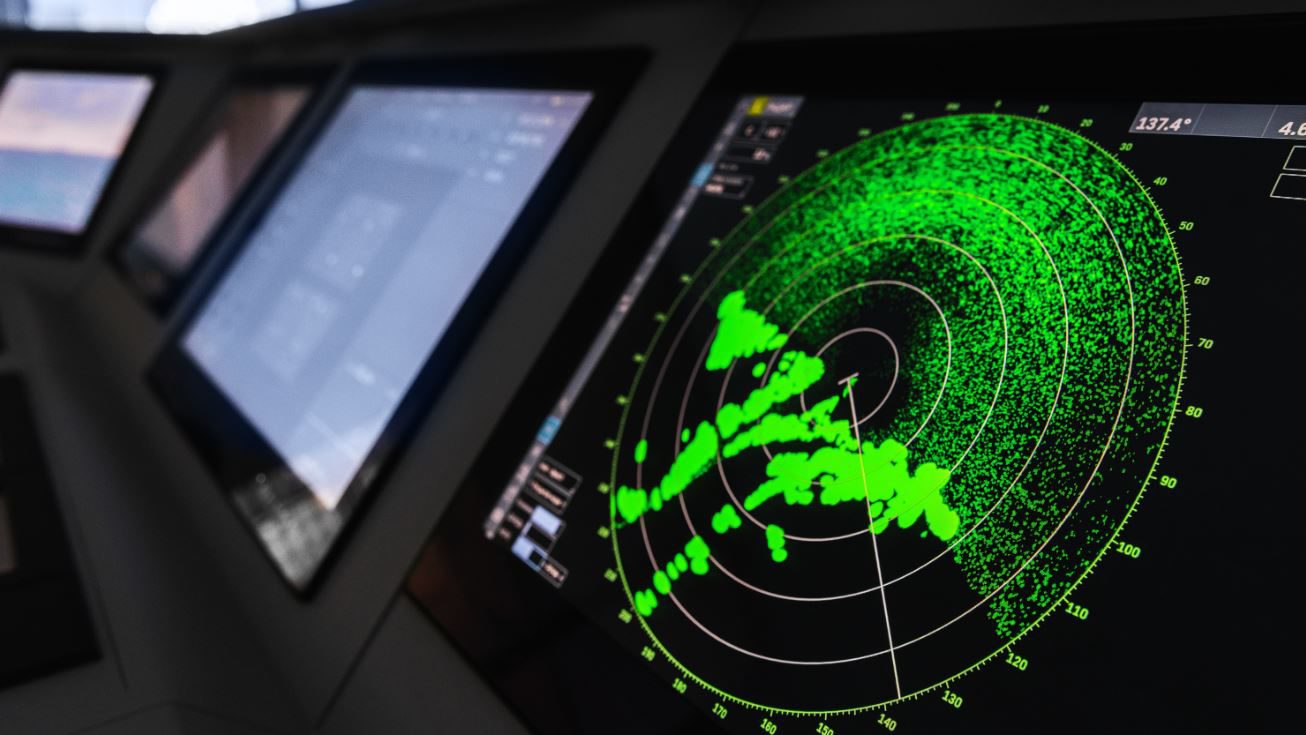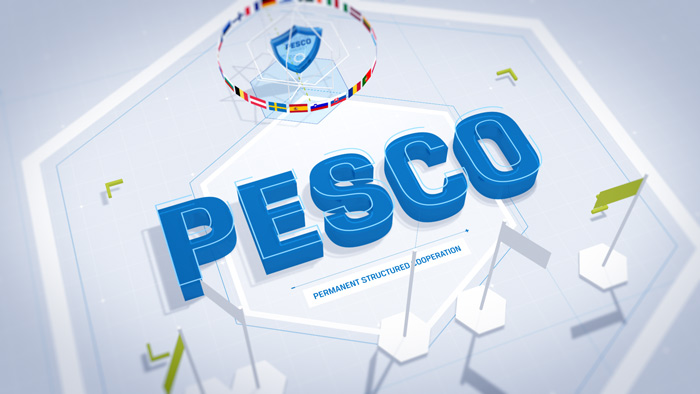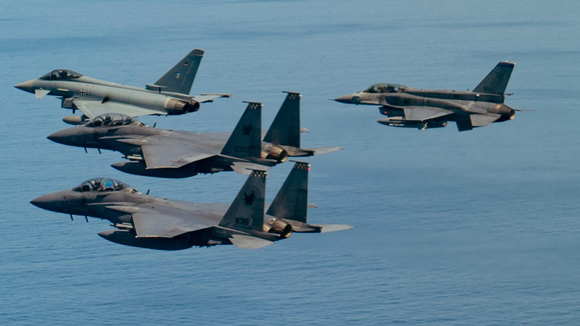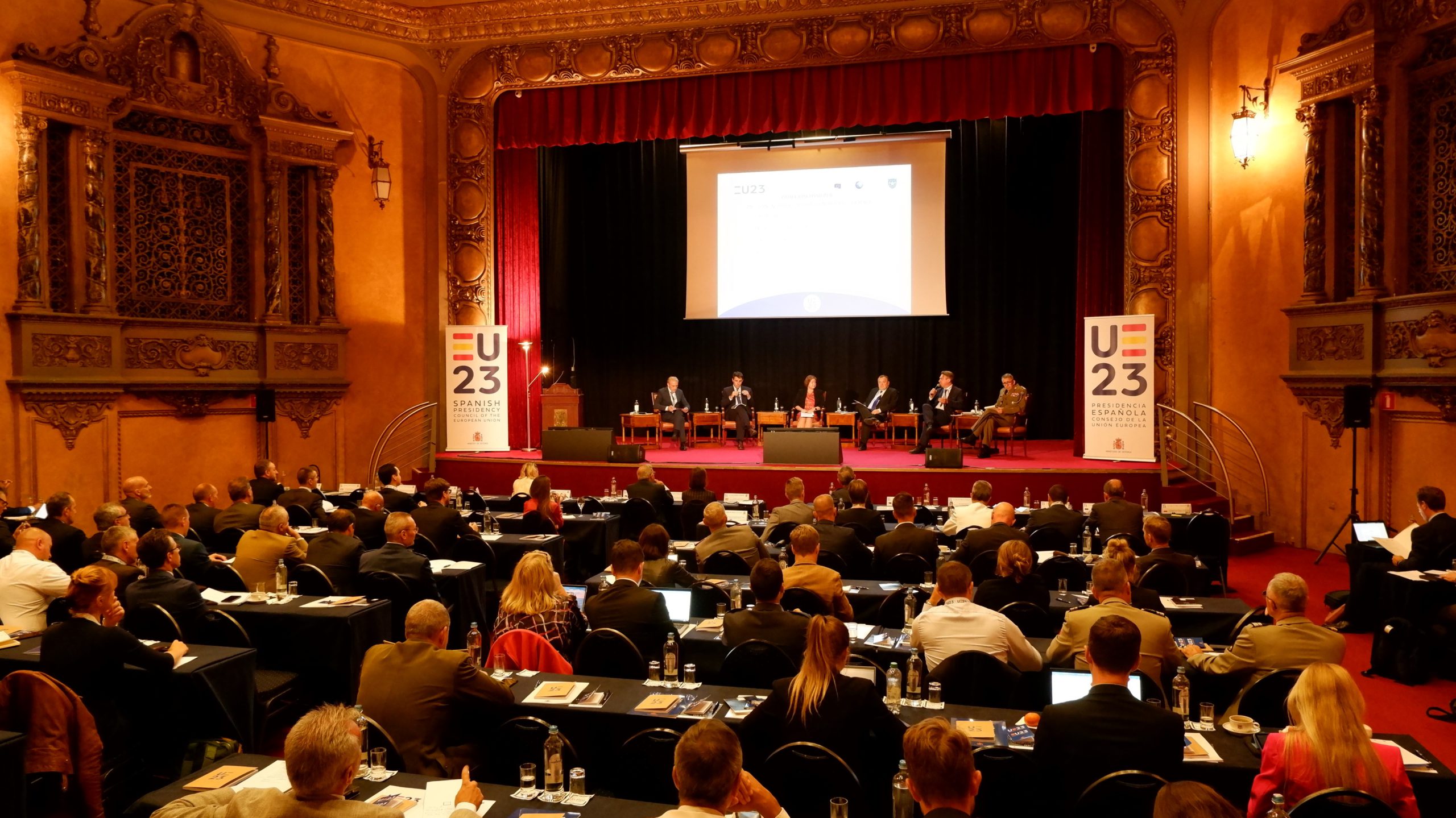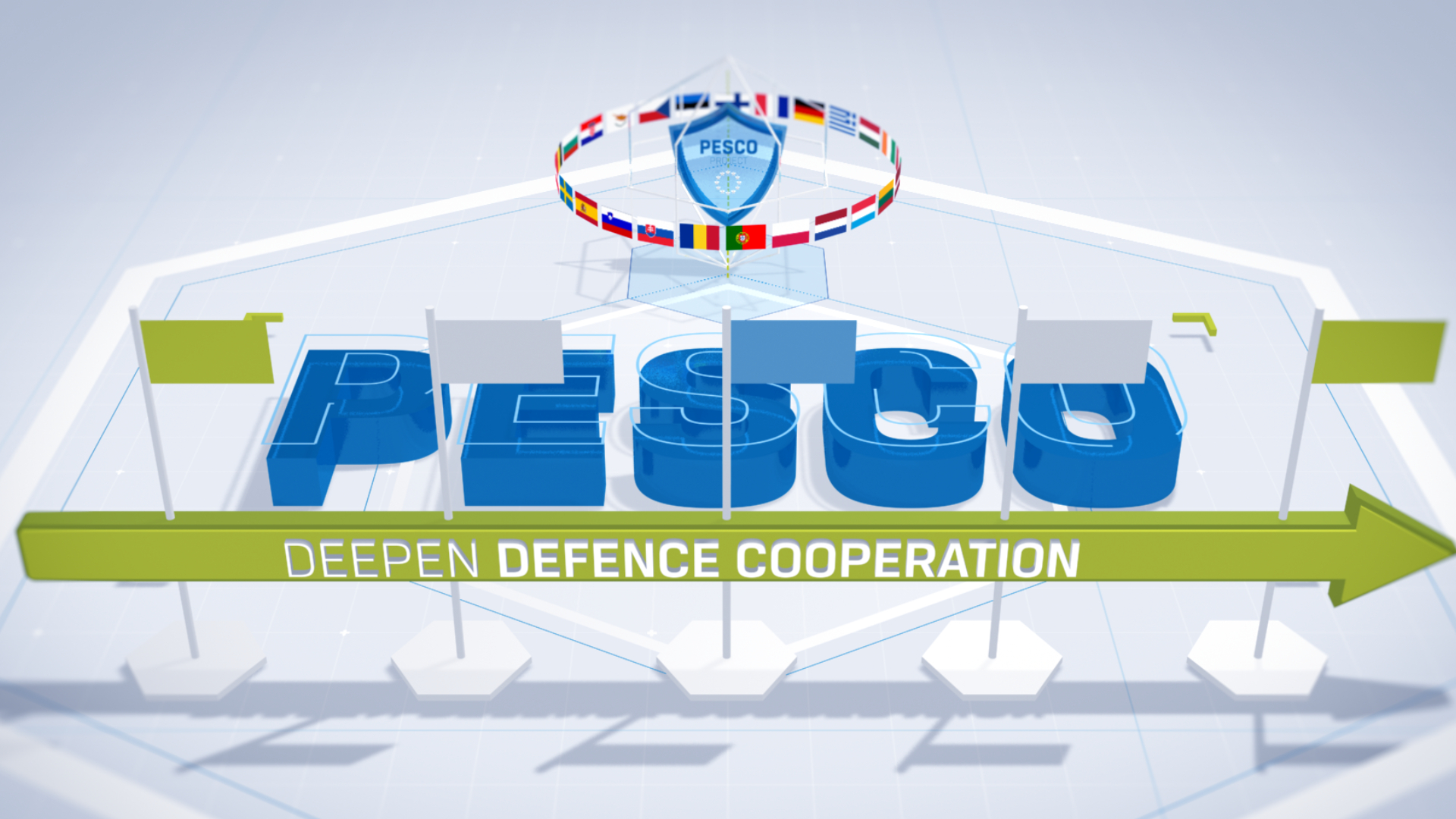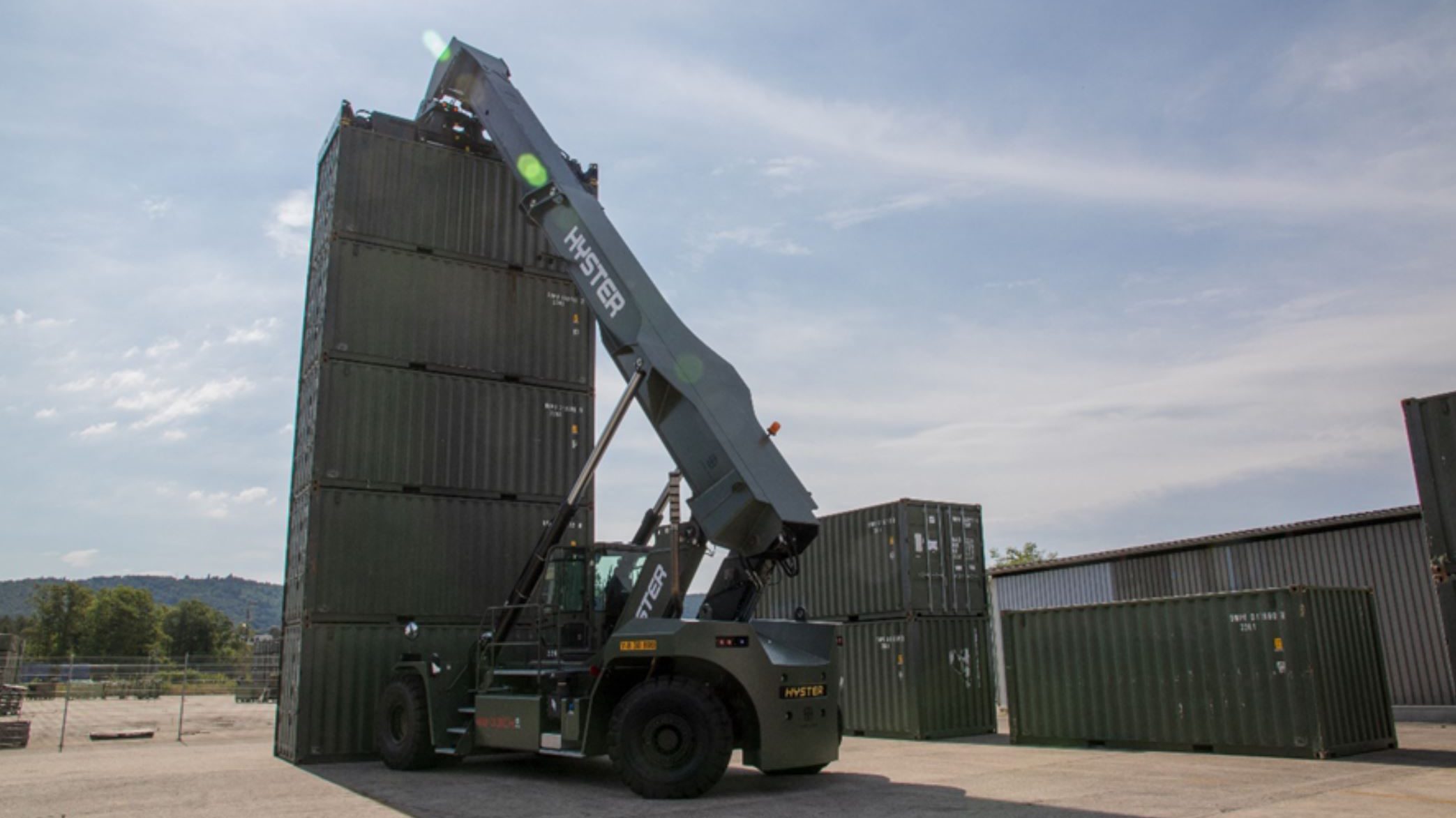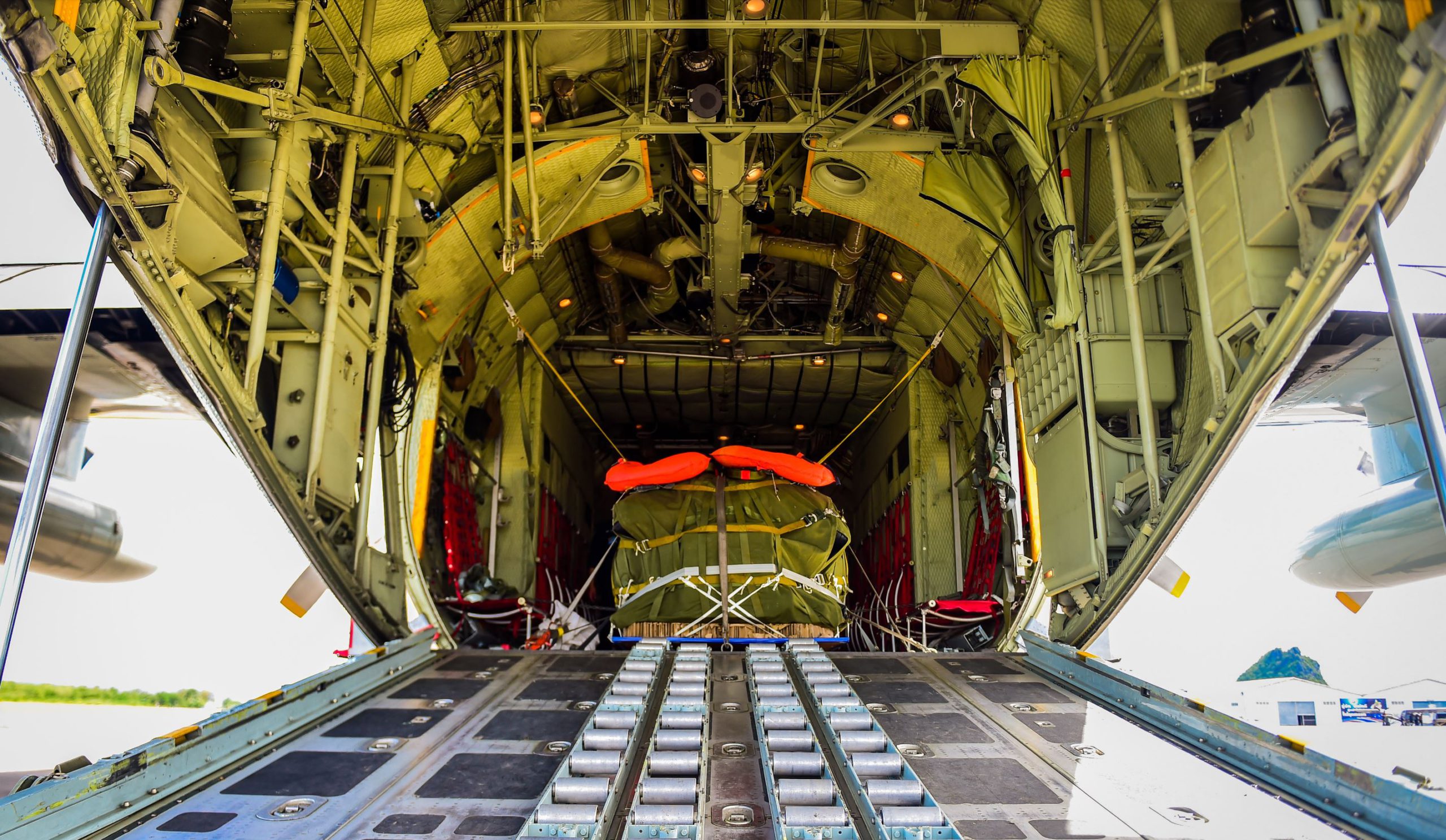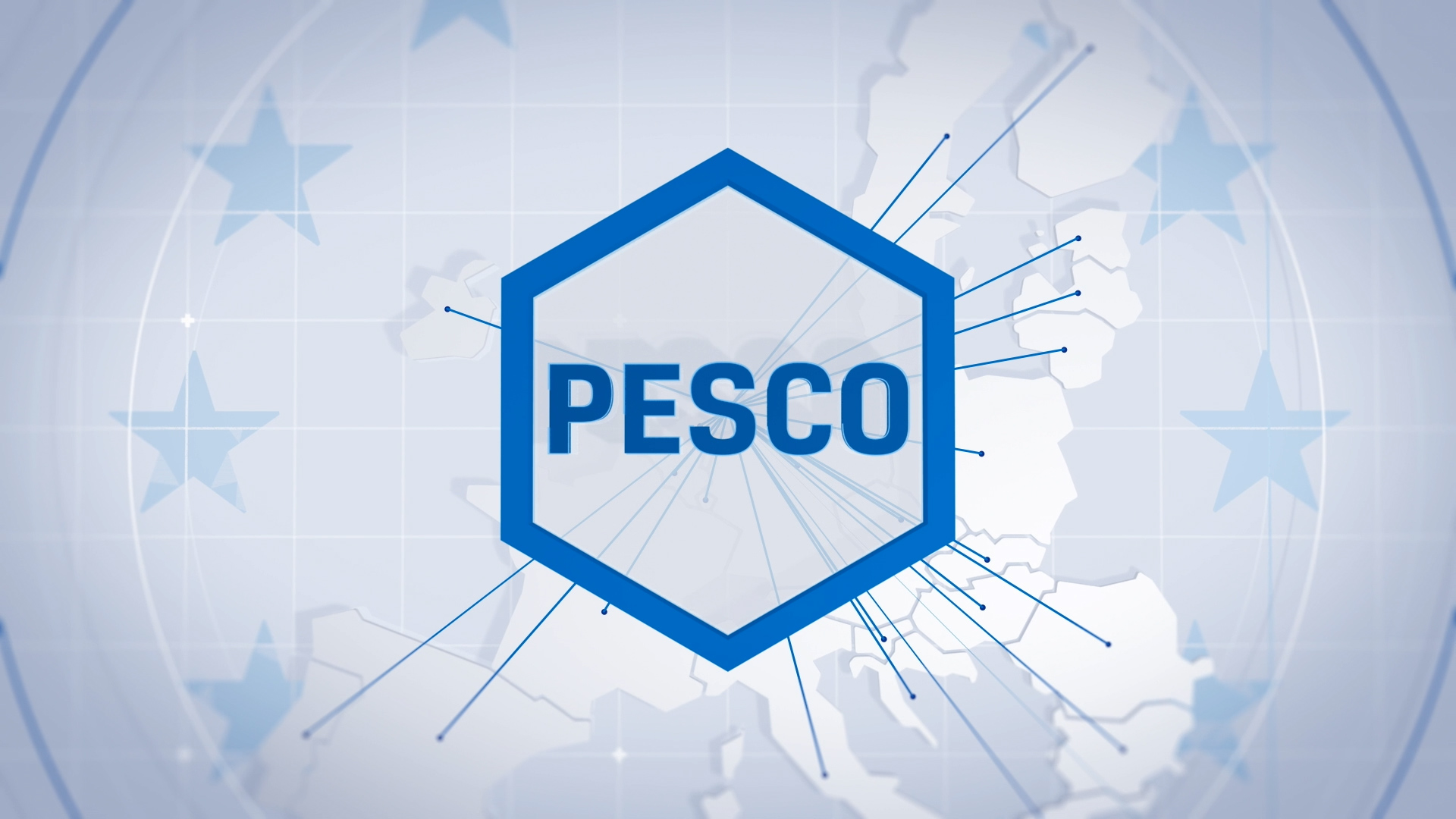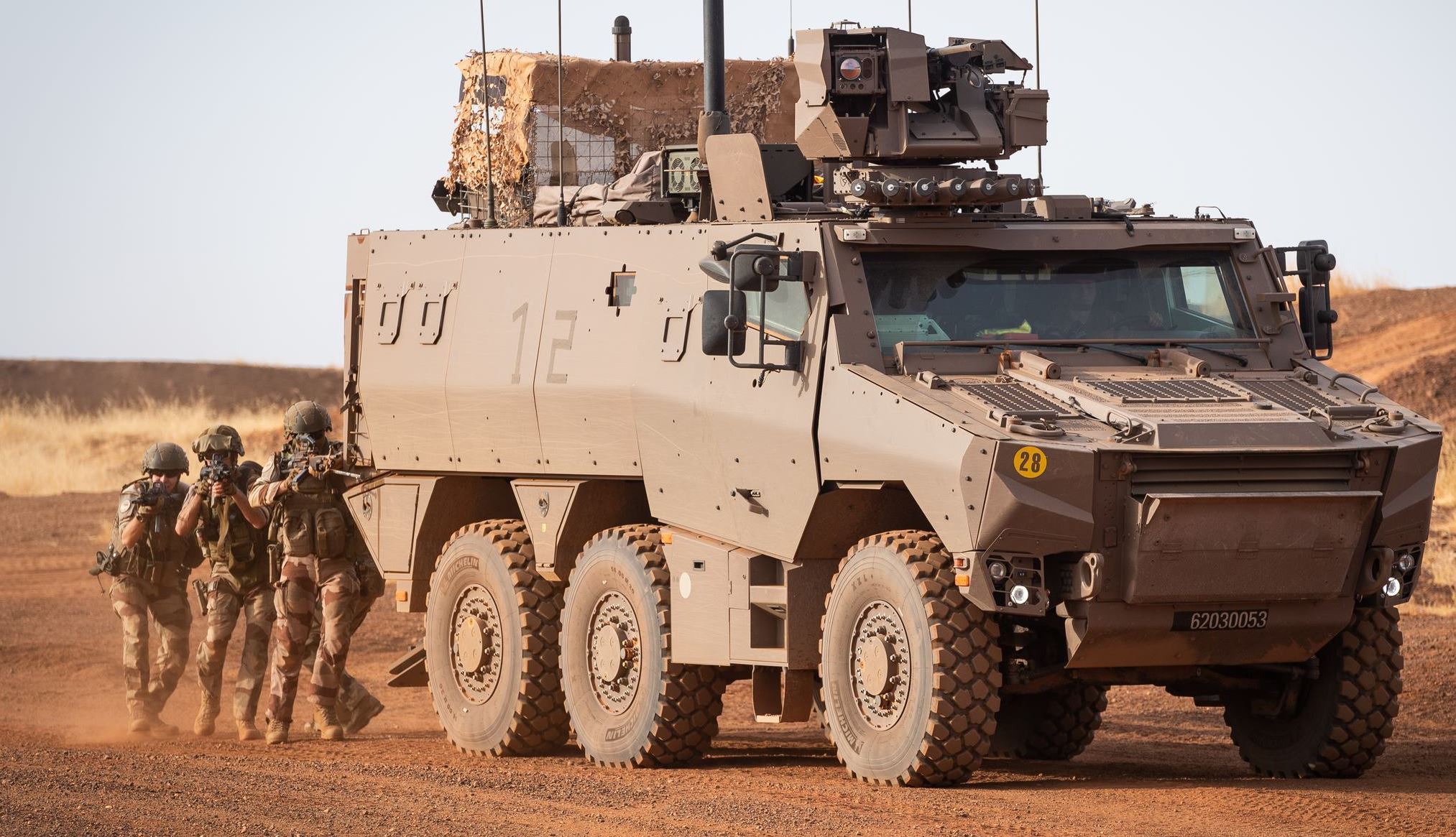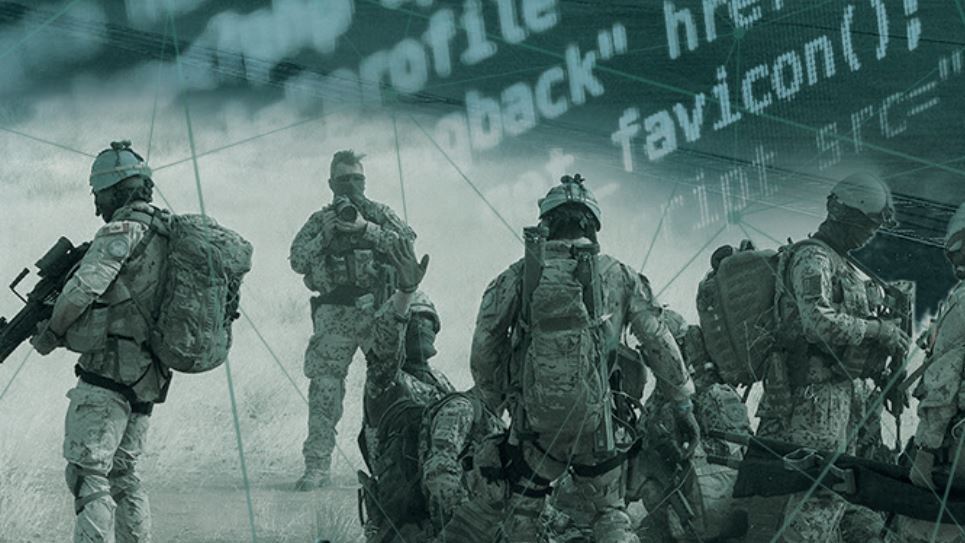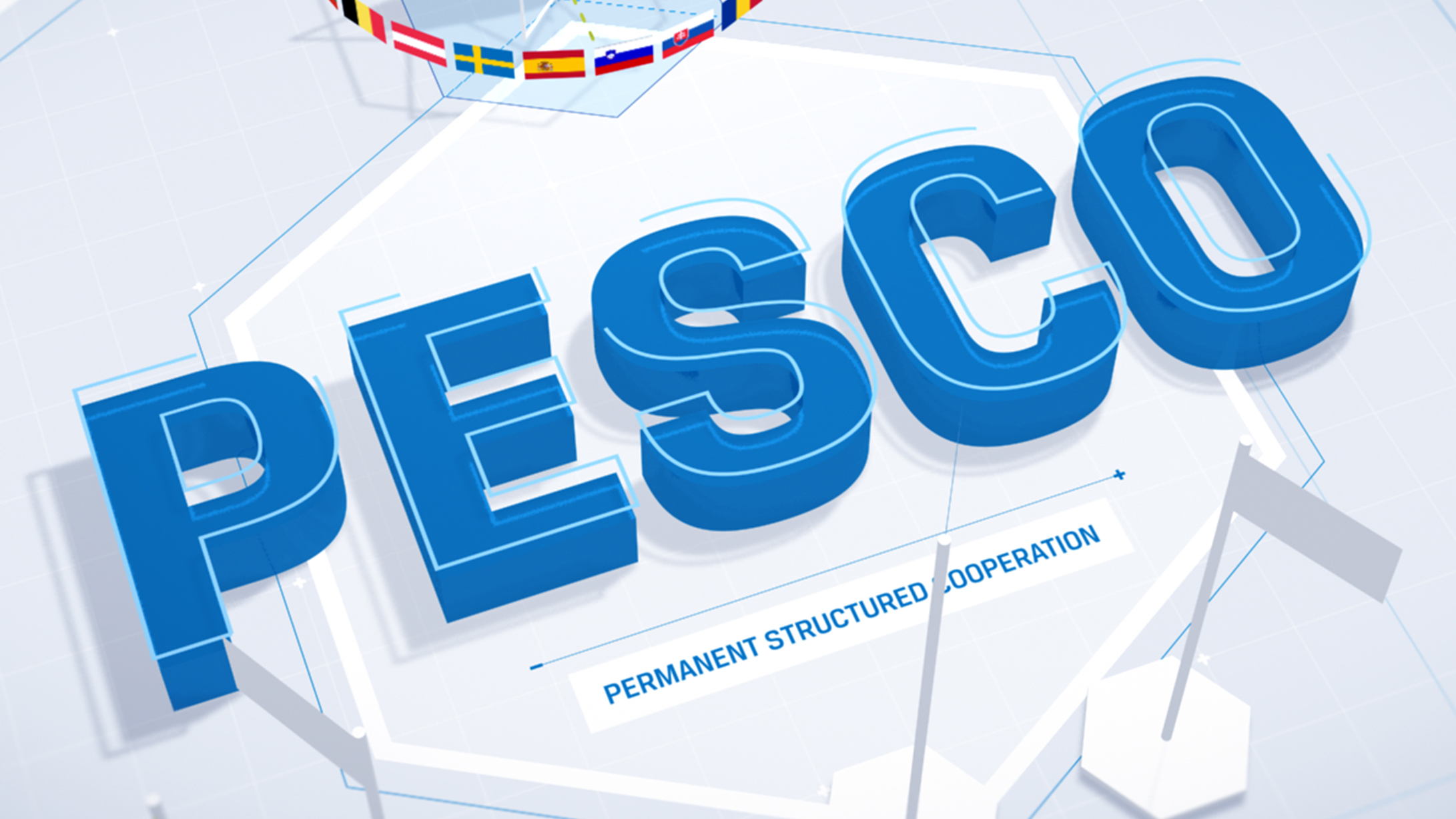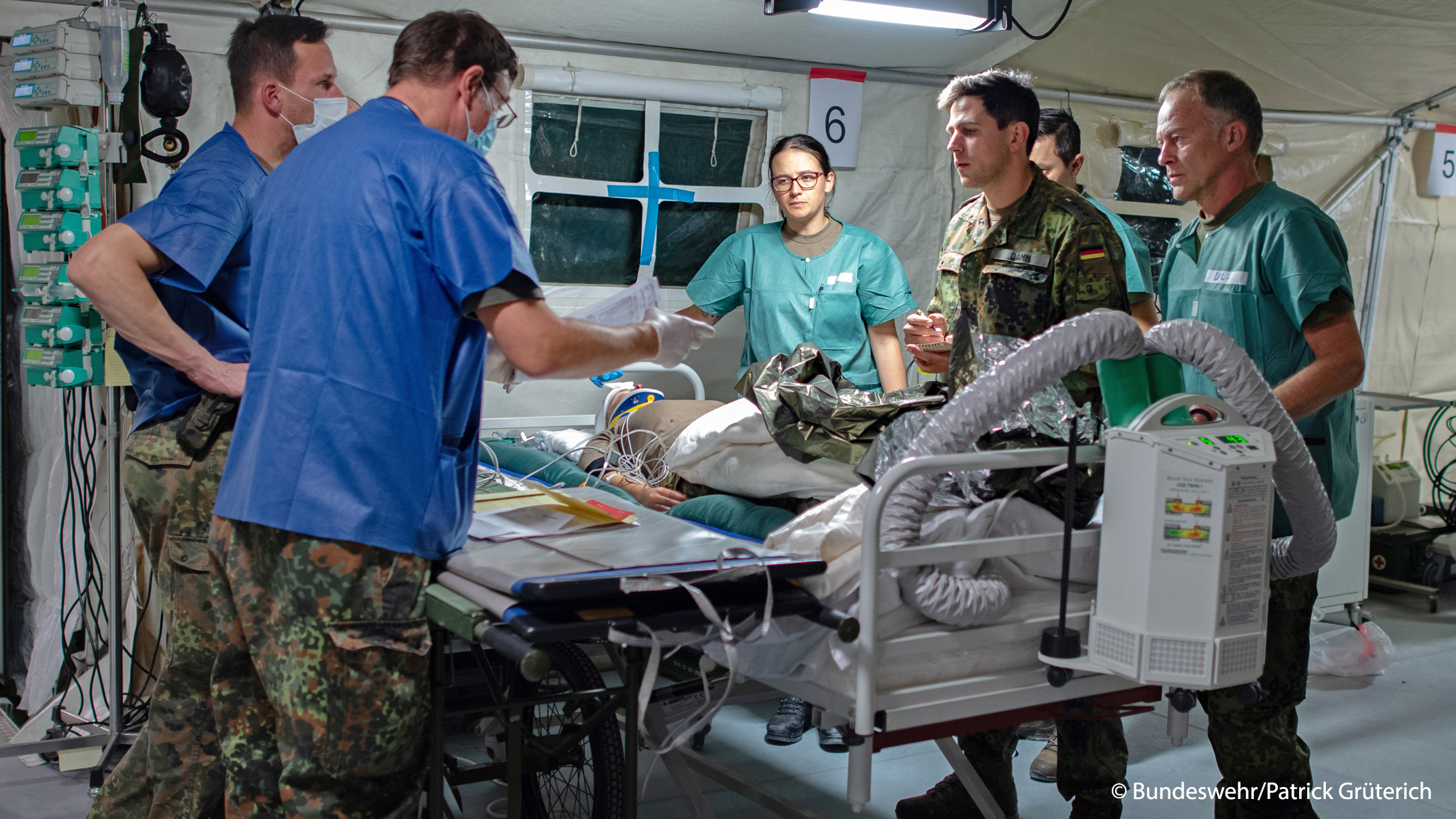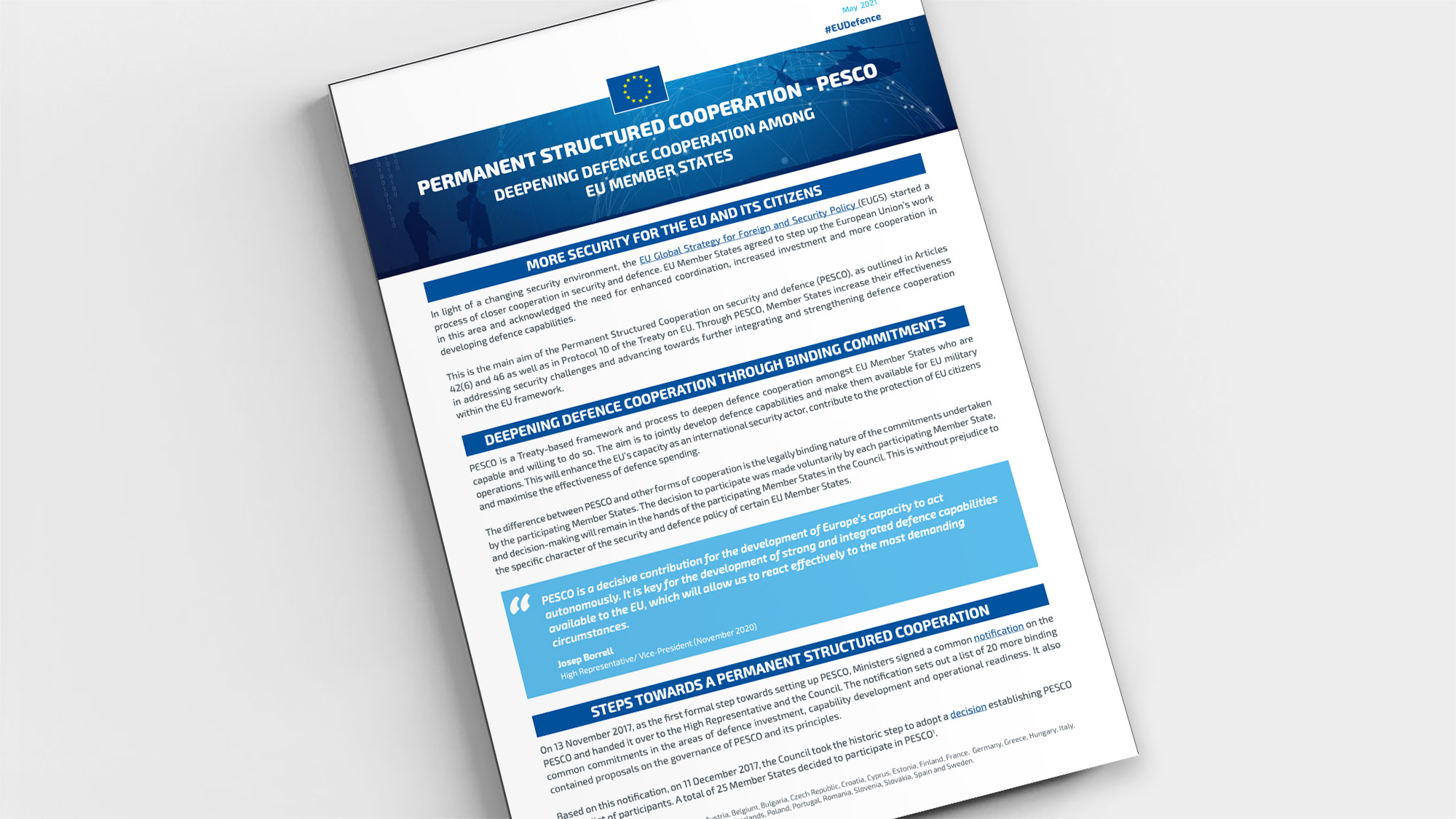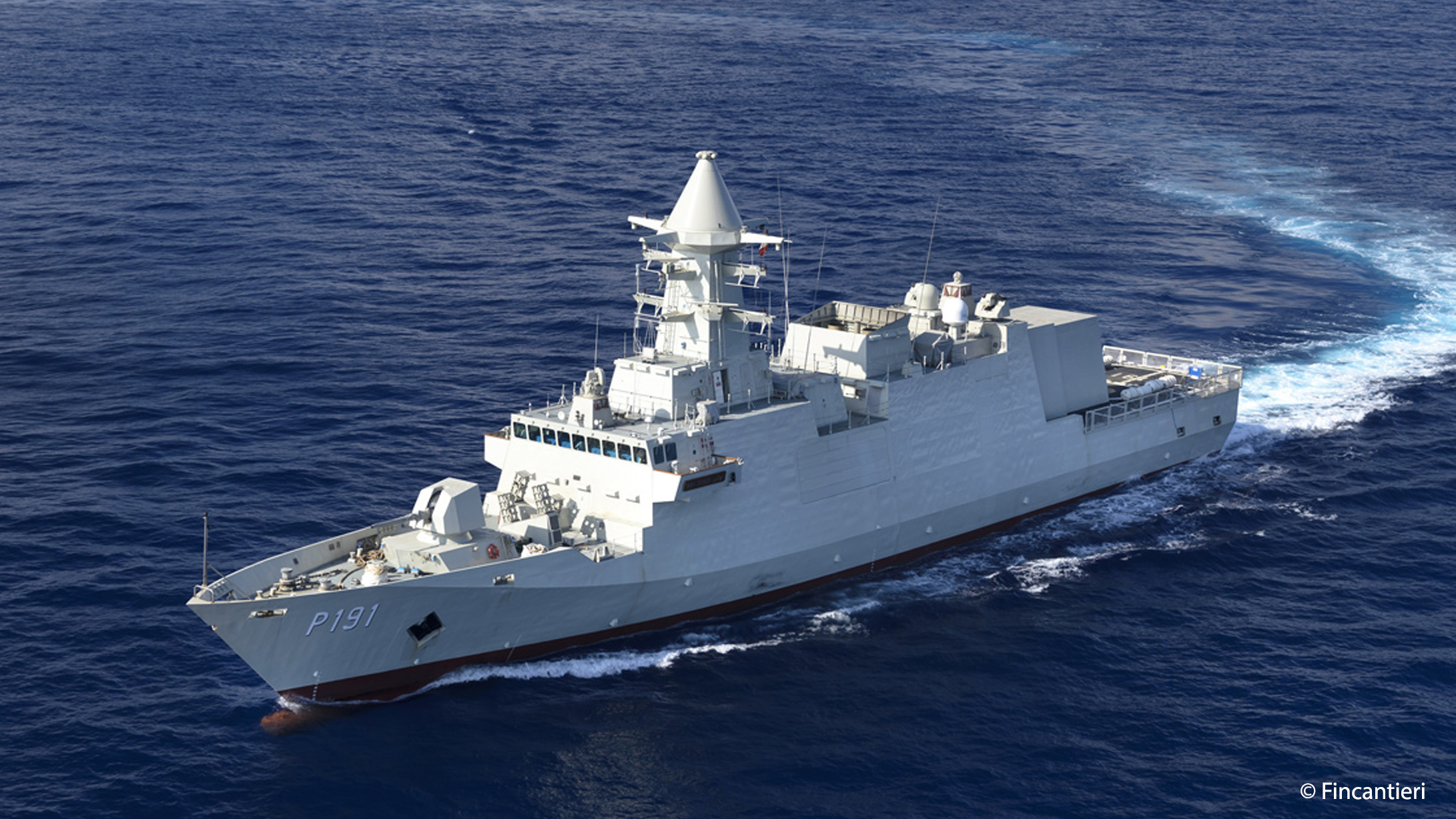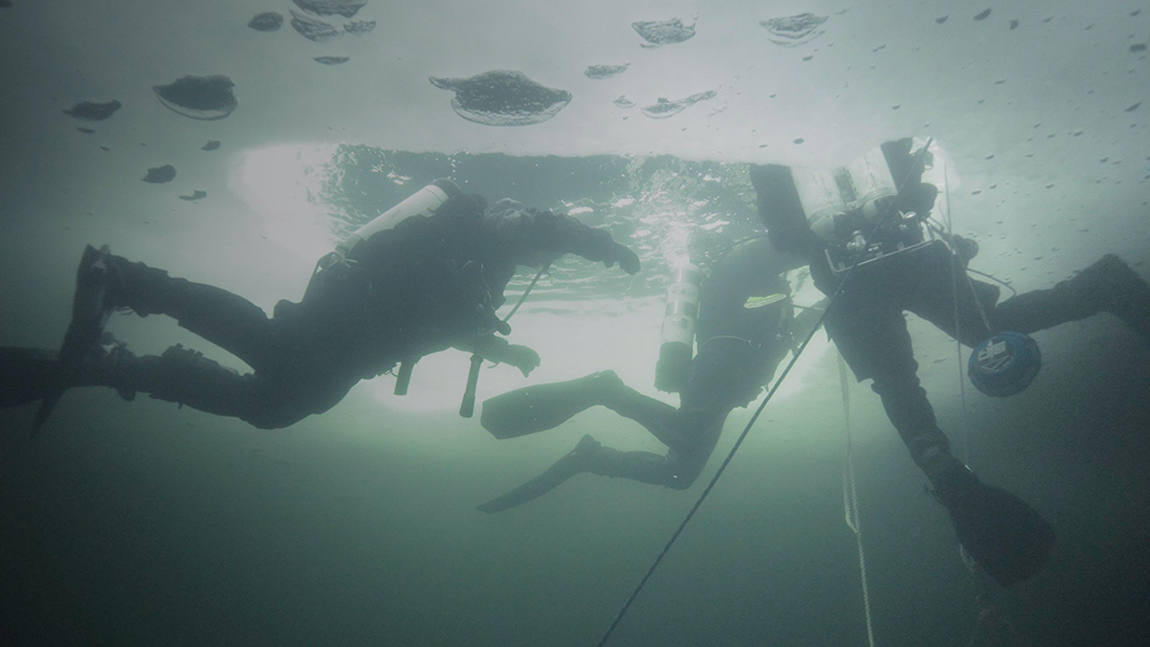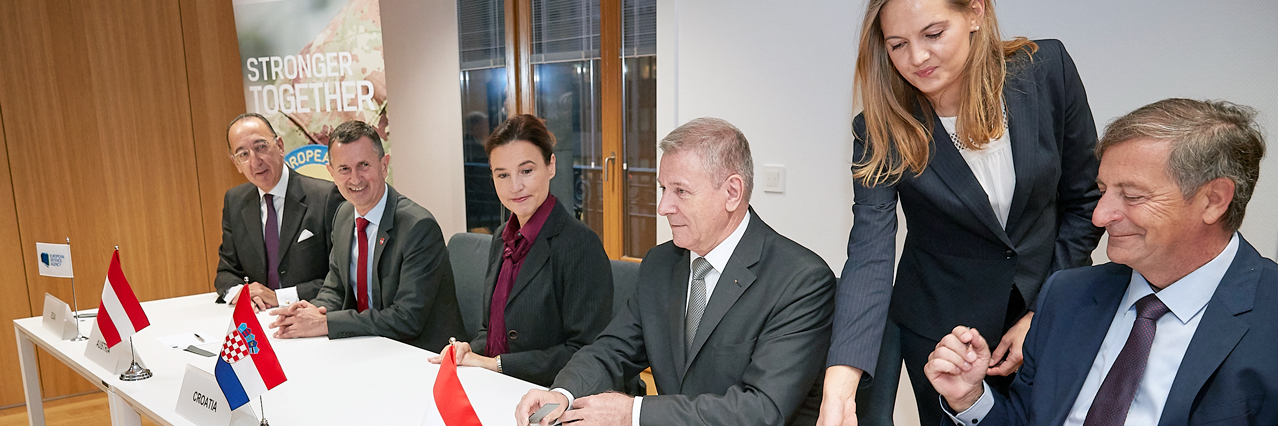Permanent Structured Cooperation (PESCO)
Deepen defence cooperation between EU Member States



























Permanent Structured Cooperation (PESCO)
Deepen defence cooperation between EU Member States


























News
PESCO
Permanent Structured Cooperation (PESCO)
PESCO is a treaty-based framework for the 26 participating Member States to jointly plan, develop, and invest in collaborative capability development and to enhance the operational readiness and contribution of armed forces. More
Binding Commitments
PESCO is built on commitments taken by the participating Member States on defence spending, planning and harmonisation, operational cooperation, addressing capability shortfalls collaboratively, and strengthening the EDTIB. What sets PESCO apart from other forms of cooperation is the legally binding nature of these commitments.
More
Projects
PESCO projects are designed to deliver capabilities for the use of Member States, including to support the Common Security and Defence Policy (CSDP) operations and missions, and they provide an opportunity for the participating Member States to cooperate in all domains.
More
Projects
Currently 75 PESCO projects are being developed.
Each of the projects is carried forward by varying group of PESCO participating Member States (project members) and is coordinated by one or more PESCO participating Member States (project coordinators). The project members may agree among themselves to allow other participating Member States to join as a project member or to become observer to the project.
The projects that are being developed in the context of PESCO cover areas such as Training, Land, Maritime, Air, Cyber, and Strategic Enablers & Force Multipliers:
- [NEW] Joint European Electromagnetic Warfare Convergence Initiative (JEEWCI)
- European Defence Airlift Training Academy (EDA-TA)
- [CLOSED] European Training Certification Centre for European Armies (ETCCEA)
- Helicopter Hot and High Training (H3 Training)
- Joint EU Intelligence School (JEIS)
- Integrated European Joint Training and simulation Centre (EUROSIM)
- EU Cyber Academia and Innovation Hub (EU CAIH)
- Special Operations Forces Medical Training Centre (SMTC)
- CBRN Defence Training Range (CBRNDTR)
- European Union Network of Diving Centres (EUNDC)
- [CLOSED] European Union Training Mission Competence Centre (EU TMCC)
- [CLOSED] EU Test and Evaluation Centres (EUTEC)
- [NEW] Substitute for Lead in Infantry Ammunition (SLIA)
- [NEW] Next Generation Dismounted Soldier System (NGDSS)
- [NEW] Infantry Navigation w/o GNSS (InfNav w/o GNSS)
- [NEW] Directed Energy Systems (DES)
- [NEW] Common Handheld Optronic Interface (CHOI)
- Counter Battery Sensors (CoBaS)
- Deployable Military Disaster Relief Capability Package (DM-DRCP)
- Armoured Infantry Fighting Vehicle / Amphibious Assault Vehicle / Light Armoured Vehicle (AIFV/AAV/LAV)
- EU Military Partnership (EU MilPart)
- Integrated Unmanned Ground Systems (iUGS)
- Integrated Unmanned Ground Systems 2 (iUGS2)
- EU Beyond Line Of Sight (BLOS) Land Battlefield Missile Systems (EU BLOS)
- Main Battle Tank Simulation and Testing Center (MBT-SIMTEC)
- [CLOSED] Indirect Fire Support Capability (EuroArtillery)
- [CLOSED] EUFOR Crisis Response Operation Core (EUFOR CROC)
- [NEW] Modular Seabed Vessel (MSV)
- Anti-Torpedo Torpedo (ATT)
- Essential Elements of European Escort (4E)
- Critical Seabed Infrastructure Protection (CSIP)
- European Patrol Corvette (EPC)
- Maritime (semi) Autonomous Systems for Mine Countermeasures (MAS MCM)
- Harbour and Maritime Surveillance and Protection
- Upgrade of Maritime Surveillance (UMS)
- Deployable Modular Underwater Intervention Capability (DIVEPACK)
- Maritime Unmanned Anti-Submarine System (MUSAS)
- Medium size Semi-Autonomous Surface Vehicle (M-SASV)
- [NEW] Future (unmanned) Air-to-Air Refuelling Capability
- Air Power
- Airborne Electronic Attack (AEA)
- European Medium Altitude Long Endurance Remotely Piloted Aircraft Systems – MALE RPAS (Eurodrone)
- [CLOSED] European Attack Helicopters TIGER Mark III
- Future Short-Range Air to Air Missile (FSRM)
- Future Medium-size Tactical Cargo (FMTC)
- Integrated Multi-Layer Air and Missile Defence system (IMLAMD)
- Counter Unmanned Aerial System (C-UAS)
- Next Generation Medium Helicopter (NGMH)
- Next Generation Small RPAS (NGSR)
- Small Scalable Weapons (SSW)
- Strategic Air Transport for Outsized Cargo (SATOC)
- Rotorcraft Docking Station for Drones
- Arctic Command & Control Effector and Sensor System (ACCESS)
- Automated Modelling, Identification and Damage Assessment of Urban Terrain (AMIDA-UT)
- Cyber Ranges Federations (CRF)
- European Secure Software defined Radio (ESSOR)
- Cyber Threats and Incident Response Information Sharing Platform (CTIRISP)
- Cyber Rapid Response Teams and Mutual Assistance in Cyber Security (CRRT)
- Strategic C2 System for CSDP Missions and Operations (EUMILCOM)
- European High Atmosphere Airship Platform (EHAAP) – Persistent Intelligence, Surveillance and Reconnaissance (ISR) Capability
- One Deployable Special Operations Forces (SOF) Tactical Command and Control (C2) Command Post (CP) for Small Joint Operations (SJO) – (SOCC) for SJO
- Electromagnetic Warfare Capability and Interoperability Programme for Future Joint Intelligence, Surveillance and Reconnaissance (JISR)
- Cyber and Information Domain Coordination Center (CIDCC)
- Robust Communication Infrastructure and Networks (ROCOMIN)
- [NEW] Unmanned Air Transport of Injured Soldiers (UNATIS)
- [NEW] Quantum Enablers for Strategic Advantage (QUEST)
- [NEW] Medical Treatment Facility Role 2 Forward-Capability Development (MTF R2F-CD)
- Network of Logistic Hubs in Europe and Support to Operations (NetLogHubs)
- Military Mobility (MM)
- Chemical, Biological, Radiological and Nuclear (CBRN) Surveillance as a Service (CBRN SaaS)
- Energy Operational Function (EOF)
- Geo-meteorological and Oceanographic (GeoMETOC) Support Coordination Element (GMSCE)
- Timely Warning and Interception with Space-based TheatER surveillance (TWISTER)
- Materials and components for technological EU competitiveness (MAC-EU)
- EU Collaborative Warfare Capabilities (ECoWAR)
- European Global RPAS Insertion Architecture System (GLORIA)
- ROLE 2F
- [CLOSED] Co-basing
- [CLOSED] European Medical Command (EMC)
Secretariat & Contact
PESCO Secretariat
The European External Action Service (EEAS), including the EU Military Staff (EUMS), and the European Defence Agency (EDA) jointly act as the PESCO Secretariat, providing a single point of contact within the Union’s framework for all PESCO matters. More

Contact
For general enquiries on PESCO, please contact the PESCO secretariat under info@pesco.europa.eu
For the project related queries please address indicated spokespersons directly.



